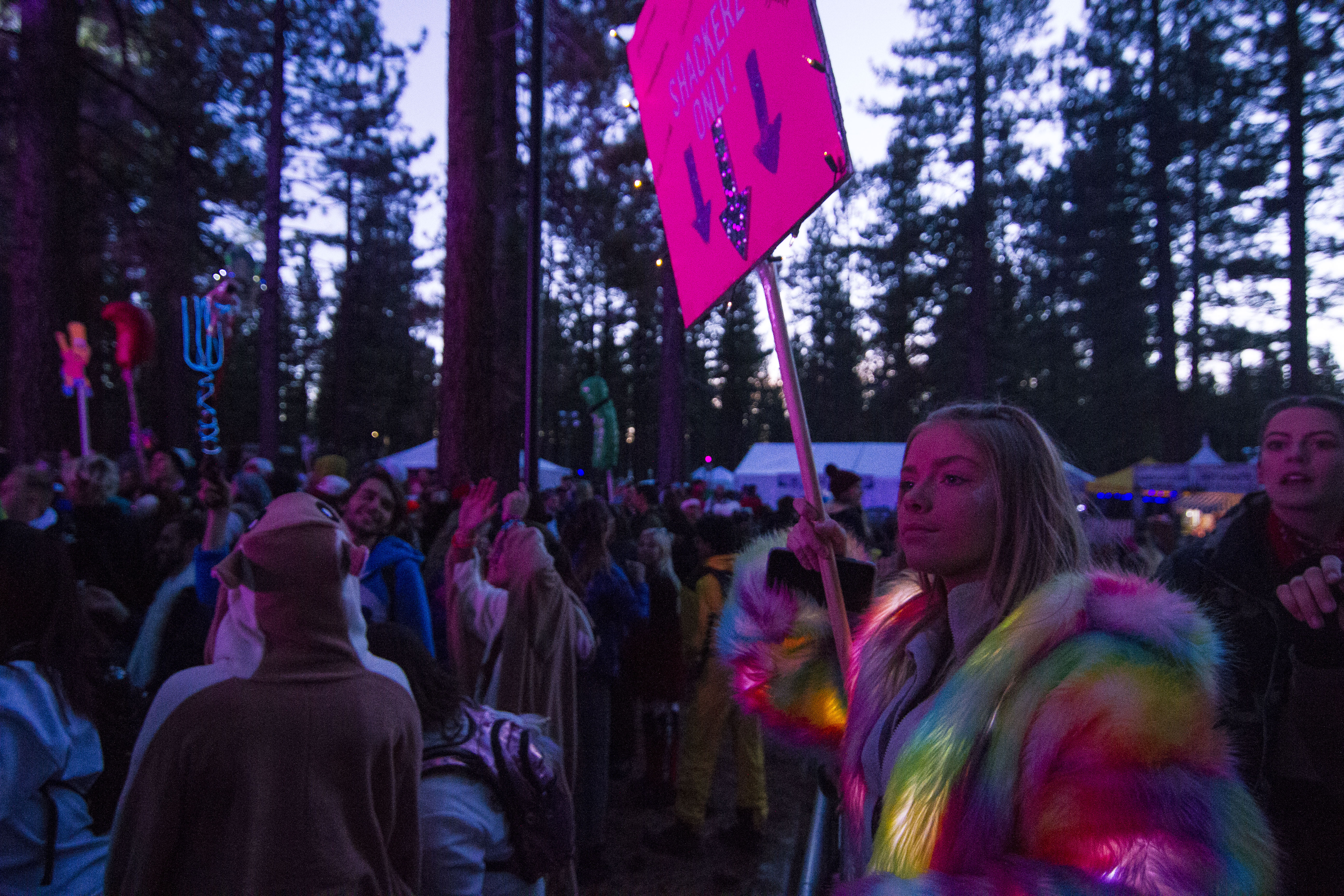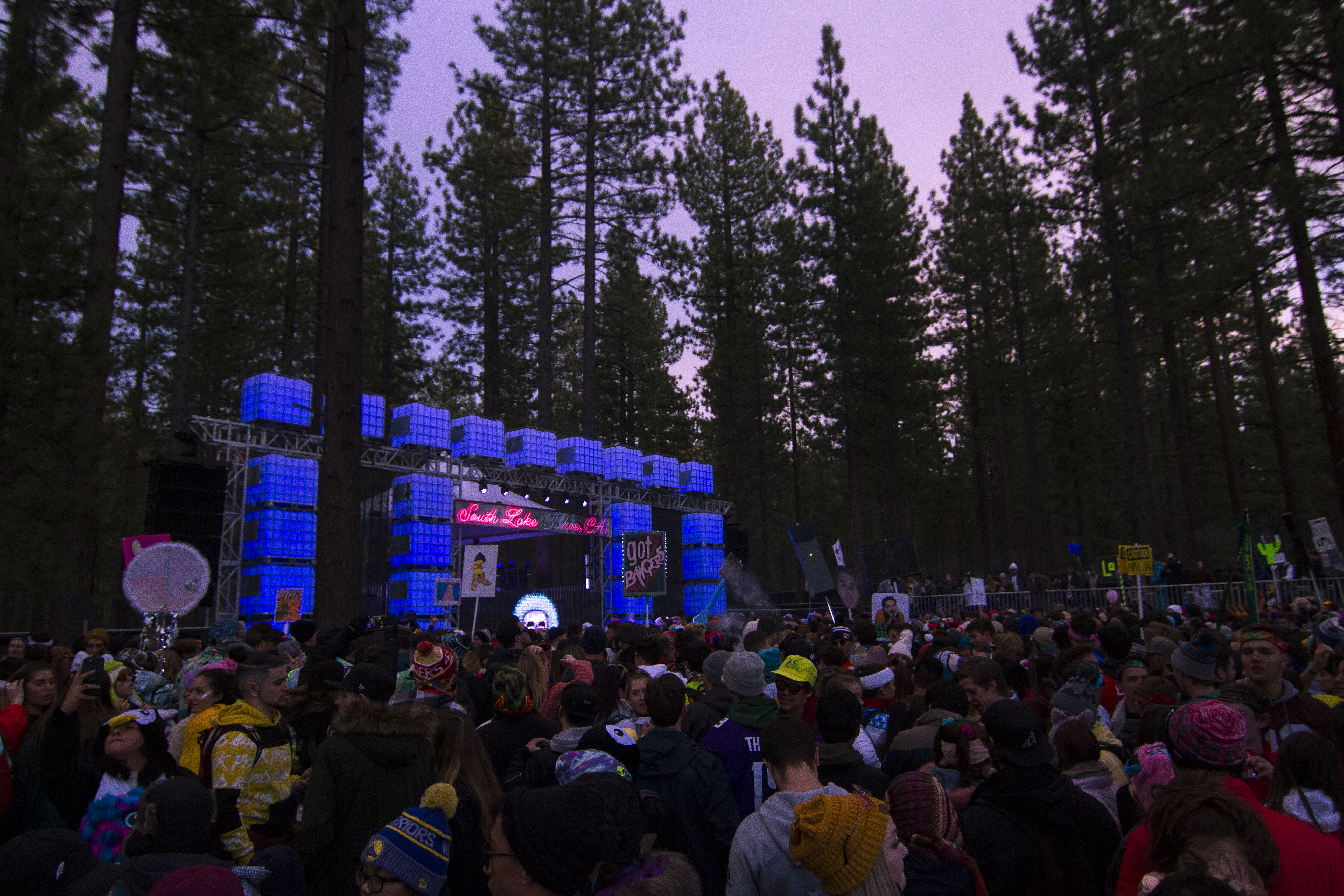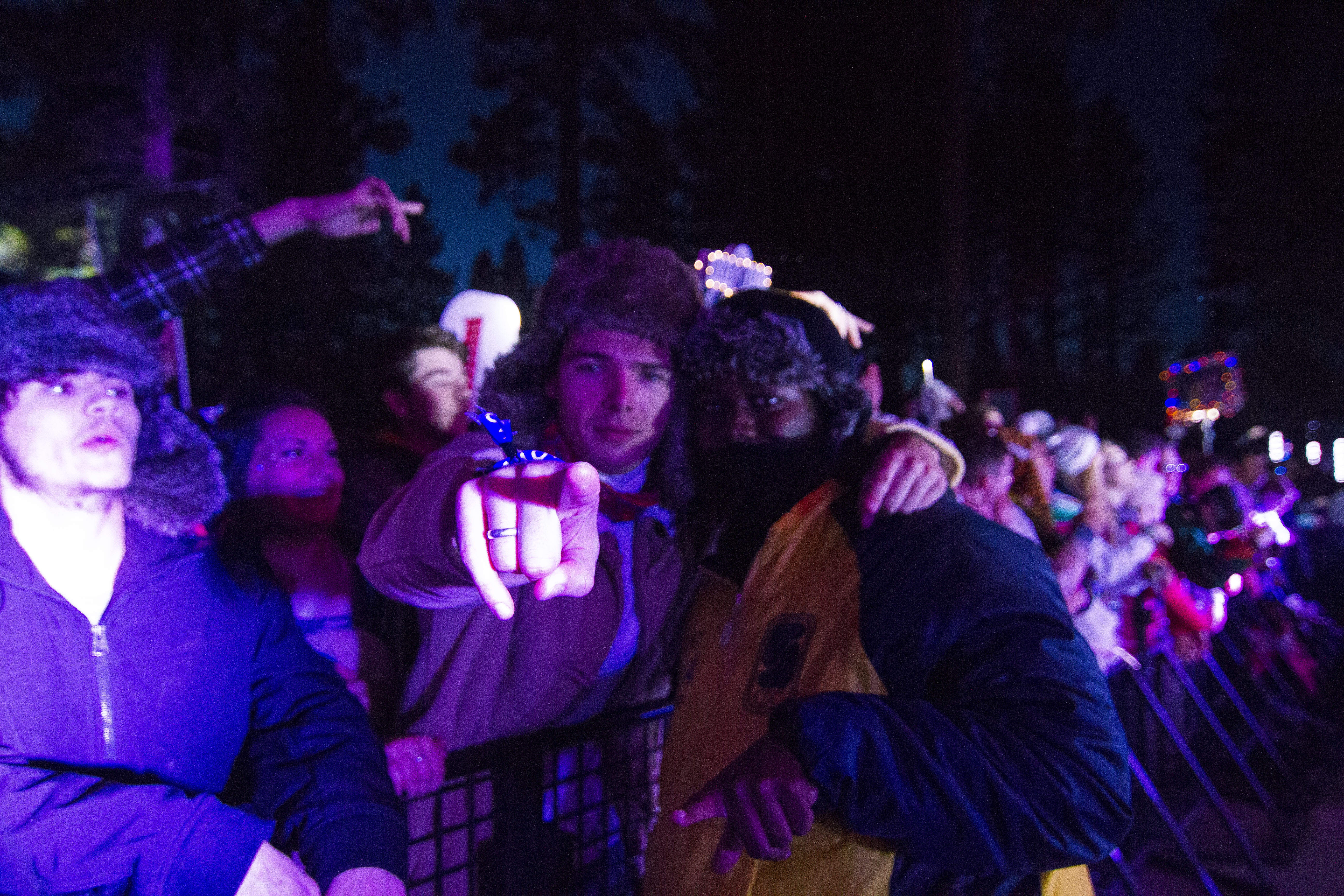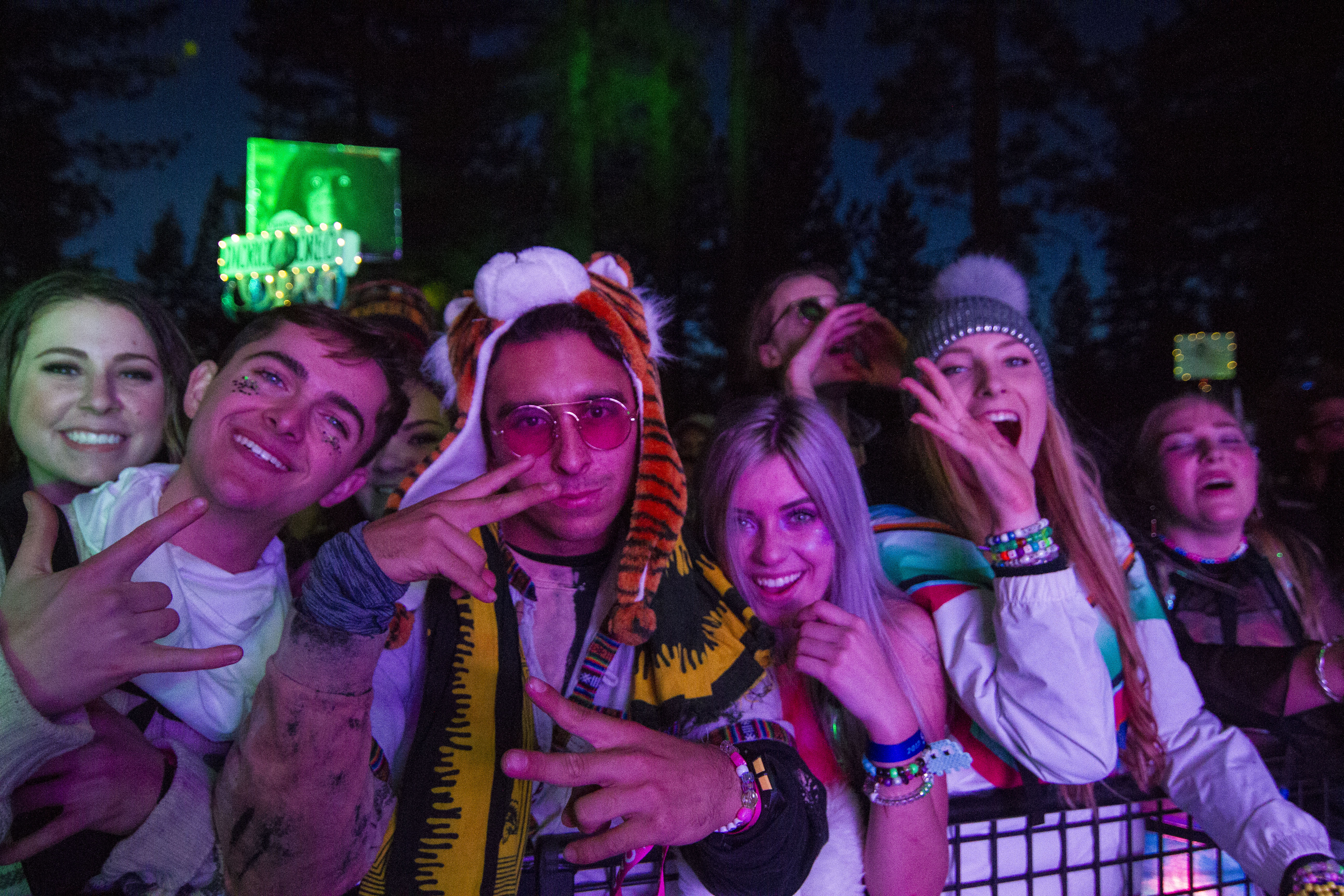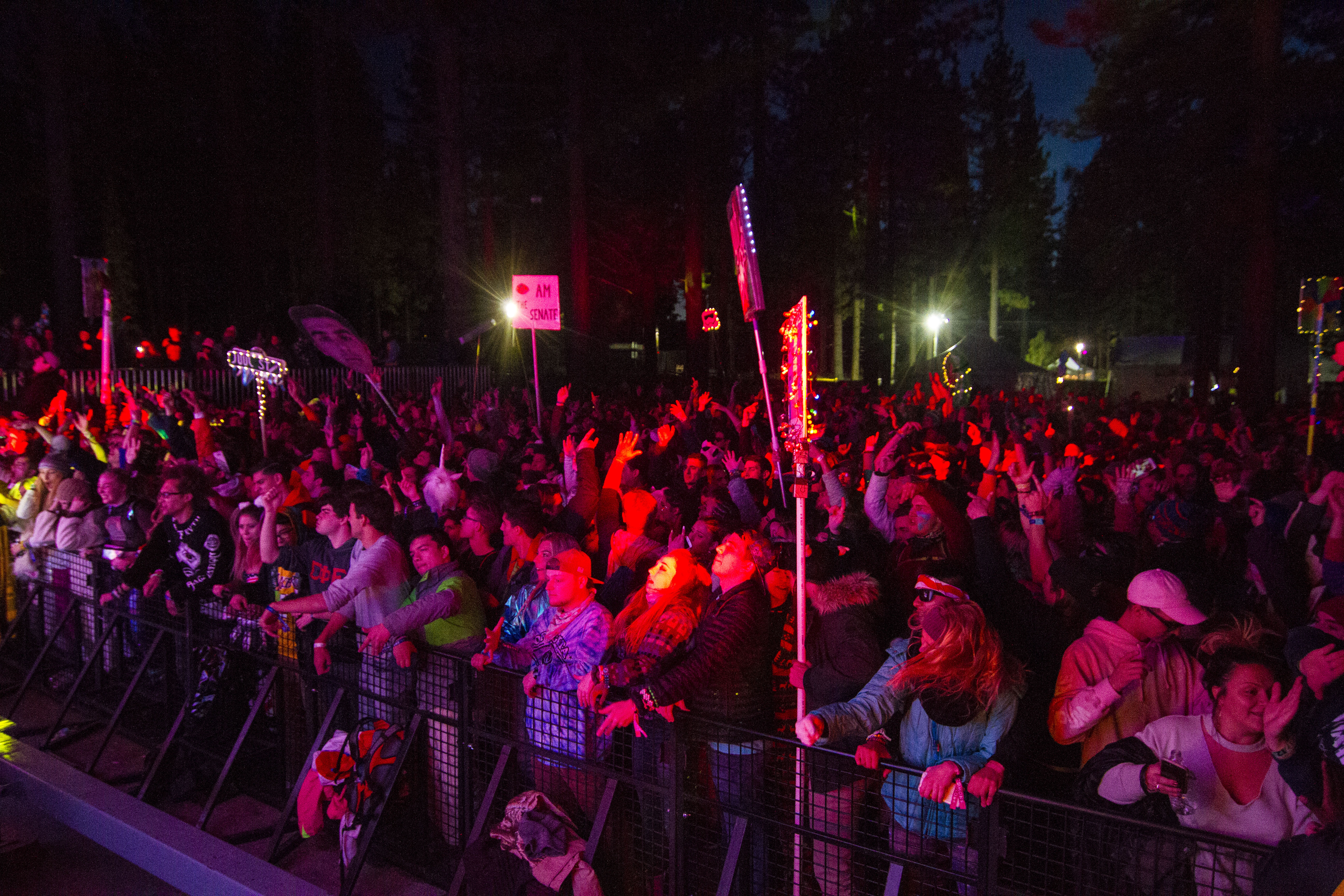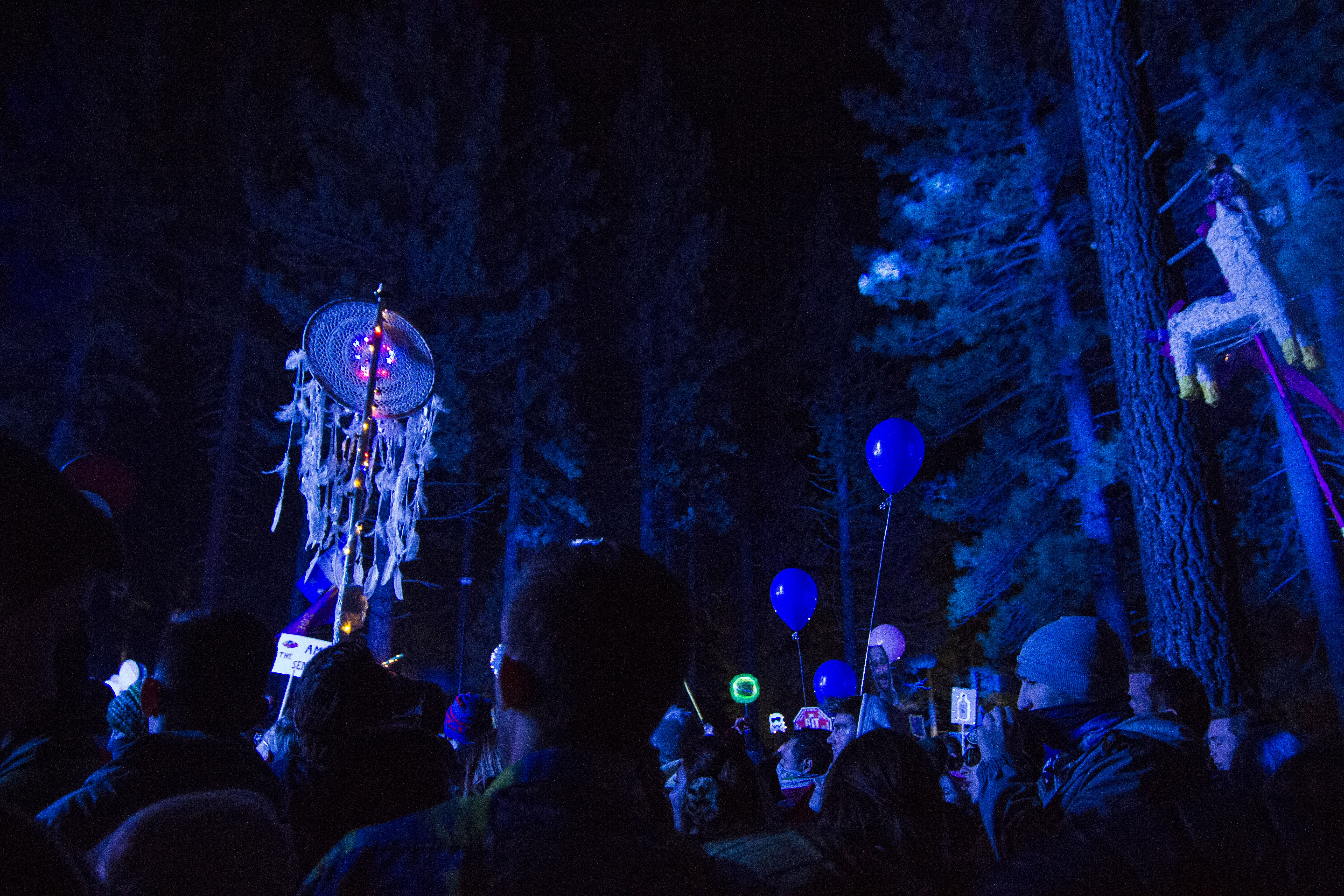Weeks after Jann Wenner’s, Editor-in-Chief and co-founder of Rolling Stone Magazine, biography Sticky Fingers written by journalist Joe Hagan was published, I had the opportunity to interview the author. Hagan has written for numerous magazines and papers such as Rolling Stone, New York magazine, and the Wall Street Journal. Insight was granted an intimate look into the writing process of Sticky Fingers, his personal opinions of Jann Wenner and Rolling Stone, his obligation as a journalist, what’s next for music journalism, and more.
How has your book tour been treating you?
It’s winding down now. It’s been a big adventure for me. This is my first book. Given the state of publishing print in general is a real privilege and to get shuttled around the country to do events and do interviews and go on the radio is a real privilege, too. It’s been a lot of fun. At one point when I was in Boston I had both Peter Guralnick who wrote an epic two part Elvis Presley biography, who was a hero of mine and Peter Wolf who’s a character in the book and a singer of the J. Geils Band, both come to my reading and it was super special for me. To have interactions with people who you revere and recognize what you’re doing has to be the best part of it.
Why the title Sticky Fingers?
There’s a Rolling Stones’ album by that name and it’s sort of a coy, sly reference to that. But, it gets to a lot of things in the book. It’s about sex, rock and roll, and greed, but mainly about ambition. It’s about this guy and his whole generation, who are trying to get their hands on everything. Everybody wants to have it all, and Jann is sort of the essence of that.
What was the process of writing Jann Wenner’s biography like? Were there any difficulties?
Almost all of it was tough. From trying to go through hundreds of boxes of archival materials to handling Jann Wenner himself. He’s a very powerful and complicated guy. It was also a process of diplomacy. Doing investigations, interviews, and digging through material to find out what the story was. It was all very complicated and a management challenge. Between having assistants who were helping me go through material and trying to manage that material. If you’ve read the book you can see there’s a lot of stuff in it and trying to manage it all was a big challenge and a learning experience.
How do you deal with writer’s block? Did you deal with it while writing Sticky Fingers?
I was under too much pressure to have writer’s block. I had to produce something. I mean I would get to points where I was not writing well or I was sort of on an impasse with what to do at some point along the way. One thing that helped me was going on writing retreats which I would do semi-regularly. I would go away for four to five days to somewhere absolutely quiet where there was no one around and very little internet access. I just force myself to have these intense, concentrated writing marathons in which I’d get a lot of work done. I had a deadline, but I also have a wife and kids so my whole life was very compressed. There wasn’t a lot of time
You have mentioned that you wrote the true story. At any point in writing the biography were you hesitant about telling the truth?
I knew as I was writing [Sticky Fingers] it was going to be contentious. Where the rubber meets the road when you’re a reporter, journalist, writer, biographer or writing about anybody especially living. Once you’re done reporting or researching, you have to close the door and write a book or article in which you’re going to tell the truth to the reader. Your compact is with the reader. Your trust is with the reader. If anytime you think you’re going to hurt this guy’s feelings or that you’re going to make him mad or whatever, well you’re just going to have to make that leap and tell the story because that is what the reader deserves and that’s what I’m trying to deliver. It takes some courage, but it’s also just the job. You have to have an iron stomach to deal with all the consequences because not everybody is going to like you. If I was hesitant it was only for a second because I just had to do the job. With Jann, I was writing about a living guy, and I recognized that I was going to cause him some indigestion, but that’s what I got paid to do. Also, this is my first book and there was no way I was going to hold back. I was going to tell it like it is because this was my chance.
You mentioned this is your first book. How does it feel holding this tangible, bright yellow book?
It’s fantastic. It’s very humbling in a way because as much confidence I may have had writing one part of it, suddenly it’s going to go out there in the world be chewed over and it’s going to upset some people. As much happiness and entertainment it will bring for most people, I’ve already received some reviews by people that worked at Rolling Stone who are upset about it [Sticky Fingers]. You’re kind of dealing with all the different reactions in addition to just the beautiful object which I’ve very proud of. When you put it on the shelf next to your heroes it’s not a bad feeling, but at the same time you feel the weight and responsibility of it. I’ll be managing and living with this book for the rest of my life and so will Jann. There’s a lot of gravity to it.
Do you think Wenner is an important figure to study? Especially for Journalism students? Why or why not?
Yes. Jann Wenner was a pioneer of some of the greatest journalism of his generation and it was so influential. Especially on me and anybody from my generation who came up as a journalist who had a lot of ambition, would look up to Tom Wolfe and Hunter S. Thompson as inspirations for everything they would want to do. Wenner published those people. He gave them a lot of freedom and I mention this at the end of the book that I felt a lot of responsibility to make this book as great as I could in honor of the writers that Wenner had let loose on the world. What he did was give them liberty, freedom, and pages to make really great works. He’s an important figure in the history of 20th century American media and journalism. Wenner is on the level of Henry Luce or William Randolph Hearst or Hugh Hefner. These people are now seen as figures of a bygone era. It’s not the same world, but that doesn’t mean there’s not a million things to learn from it. You can get so amazingly inspired by reading some of their work and realizing what you can do with it. Even in the last twenty years there has been some great journalism published by Rolling Stone. At the end of the day Jann Wenner was an entrepreneur. Another way people can be inspired by him is thinking of how to be entrepreneur of whatever the next media is going to be. Who’s going to bottle lightning in the next generation? In a lot of ways if you read the early years of Wenner and how he put Rolling Stone together and how he kind of borrowed, stole, and synthesized things together it’s not unlike the story of Zuckerberg and the founding of Facebook. This story is going to likely repeat itself again and again in history.
Betrayal is a big theme in this book. Do you personally believe betrayal is a key for success?
Beyond Wenner, if you look at biographies of some figures in history whether they be men or women in any industry, you’re going to find people with incredible ambition and an ego who feel that their vision overpowers anybody’s feelings, needs, or desires. Maybe it was necessary for Wenner to cast everybody aside in order to continue Rolling Stone and give it a life beyond its first generation of its life. The photographer Annie Leibovitz said when Rolling Stone moved to New York in 1977 that she came to understand that Wenner was a one man band and that he didn’t need anybody else. That wasn’t necessarily a happy revelation for her, but she also understood how he was and that was what was going to make him successful. I don’t think betrayal is a key for success, but if you have too many of them it could be a detriment to success. Some people say that Wenner could have been a lot more successful had he been not so material and in some cases been a betrayer, but that’s speculative and theoretical.
Jann Wenner has been accused of sexual harassment, something that you did not shy from mentioning in your book. What do you think this means for Rolling Stone? Should his actions be set aside from his work and impact?
I mean I didn’t set it aside. I talk about it. It’s part of the culture that he was in and a part of the kind of the behaviors and cultural understanding of that period. I understand it purely historically. Wenner is a legacy of the same generation of Harvey Weinstein. What we notice across the board is that certain men with power abuse their power and sex is just one of the venues in which they can abuse their power. I don’t know if it has any special consequence for Rolling Stone as a magazine, but I will say that the magazine has a history of sexism and a history male-centric worldview. It reflected the culture it was covering which was rock and roll which was very macho and hetero. To the question of whether you can judge the entire history of Rolling Stone based on Jann Wenner having harassed a few people, I don’t think so, but you can look at it to understand the culture Rolling Stone came out of. Weinstein famously said that he came up in the 60s and 70s when this behavior was normal. Wenner did too, and that is what this reflects.
Did you grow up reading Rolling Stone? Any early memories of that?
I subscribed to it, but this was in the 80s, so it wasn’t my primary relationship to music. It was during the period of MTV, and MTV was my main touchstone for music. I was mainly looking at Rolling Stone to read more about the people I was seeing on MTV. I remember reading Hunter S. Thompson in Rolling Stone in the 80s and not understanding a word of it. I tried to discern his language. If you grew up reading Rolling Stone in the 70s you would understand what he was talking about, but he was so peculiar to people who understood him and his history that by the time he was writing in the late 80s it was hard for people my age to penetrate his almost secret language.
What was it like writing for Rolling Stone?
I reached out to them and told them I had an interview with a country star that had just died, Buck Owens, and that I had done one of his last interviews. I said I could write something for them and they asked me to write his obituary. They liked what I did, and I ended up writing two or three obituaries for them and then I wrote a profile of Steve Earle. It was great. I enjoyed doing it. It was only special in terms of the subject matter. I got to write about music which I enjoyed, but by then Rolling Stone (in the 2000s) wasn’t at the top of its game. It was special because I finally got a byline in Rolling Stone, but as a person who was sort of sophisticated about the media because I worked for the Wall Street Journal and New York Magazine, I kind of understood that Rolling Stone wasn’t at the center of the conversation anymore.
Do you think music journalism is still alive and well?
Occasionally you’ll see some great music journalism and cultural writing. Putting aside music, there’s still lots of great cultural writing across all kinds of different venues. The thing about music is that it’s just not at the center of the culture the way it once was. When Rolling Stone was reviewing rock and roll albums and profiling and interviewing rock stars back in the 60s, 70s, and 80s , rock and roll was so at the center of how people thought about life. It defined people’s sensibilities. I think it still has that for some people on the margins, maybe in high school or college, but it doesn’t define life for the rest of the culture. There was a period where rock and roll was defining the culture even for adults because they all had come out of the 60s and loved all that music. It’s a different world in terms of music writing. The stakes were not as high as they were back then. It’s also because of the internet. The internet has thinned everything out and diffused the culture. Music is now important if you think it’s important.
What’s next for you as a journalist and author?
Oh God, I wish I knew. I mean I’m just going to take a break after the whole book thing winds down and consider whether I want to write for magazines again or write a new book. I don’t know, but I wish I knew. I’ve been so steeped in this book for four years that I’m just coming out of it. I haven’t done anything else but this book for four years. I have a lot of meditation to do before I can figure out what’s next.

 Greta Van Fleet is a four-piece rock band from the small, 5,000-person town of Frankenmuth, Michigan. And when I say rock I mean put Led Zeppelin in a time capsule and open it up in 2018 kind of rock, not some watered down shit. The band is composed of three brothers, Josh, Sam, and Jake Kiszca, and a close family friend, Kyle Hauck, and is set to release their first album on October 19th.
Greta Van Fleet is a four-piece rock band from the small, 5,000-person town of Frankenmuth, Michigan. And when I say rock I mean put Led Zeppelin in a time capsule and open it up in 2018 kind of rock, not some watered down shit. The band is composed of three brothers, Josh, Sam, and Jake Kiszca, and a close family friend, Kyle Hauck, and is set to release their first album on October 19th. 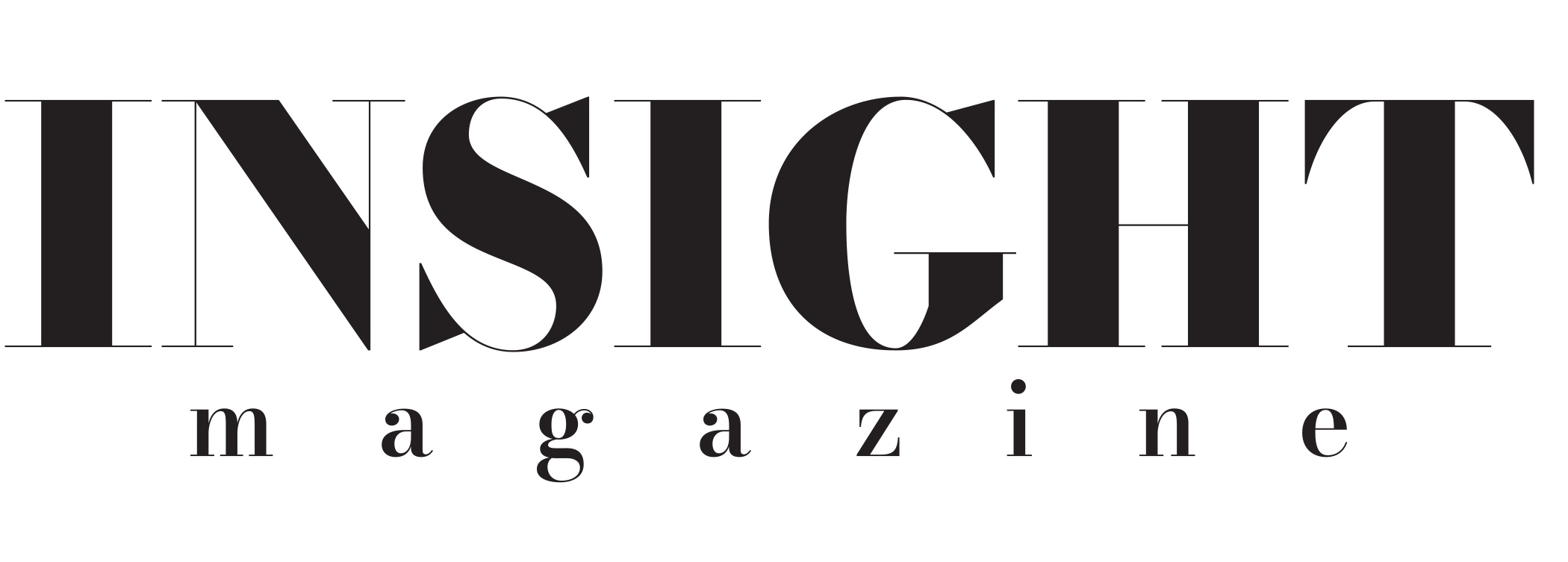
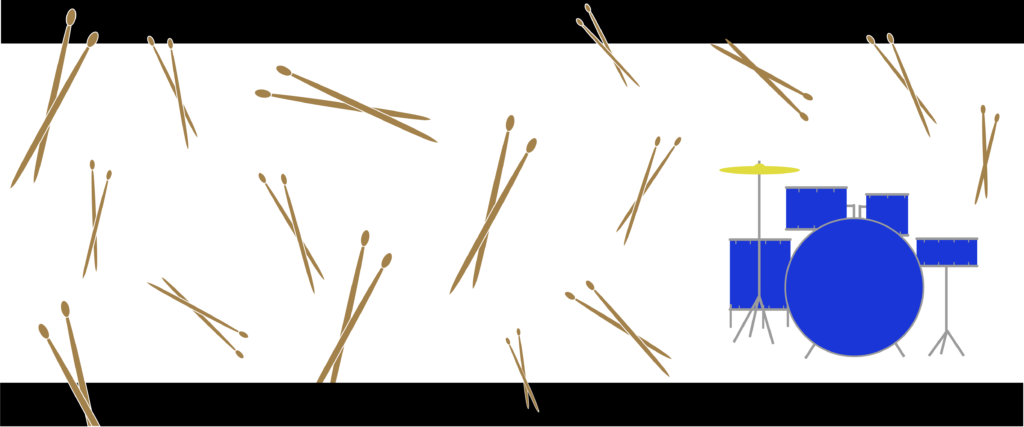


 The refreshingly Californian band, Animals in the Attic, paid us Renonians a visit to perform at the Holland Project and sit down for an interview with Insight Magazine. Frontman and co-guitarist, Spencer Rakela, keyboardist Clayton LaFlamme, drummer Mitchell Grimenstein, and guitarist Stefan Sorgea grabbed some chips and salsa with me before their performance to discuss their beginnings, their inspirations, what’s next for the band, and more.
The refreshingly Californian band, Animals in the Attic, paid us Renonians a visit to perform at the Holland Project and sit down for an interview with Insight Magazine. Frontman and co-guitarist, Spencer Rakela, keyboardist Clayton LaFlamme, drummer Mitchell Grimenstein, and guitarist Stefan Sorgea grabbed some chips and salsa with me before their performance to discuss their beginnings, their inspirations, what’s next for the band, and more. What’s your favorite song to perform?
What’s your favorite song to perform? 


